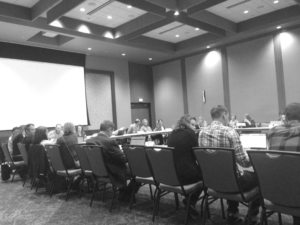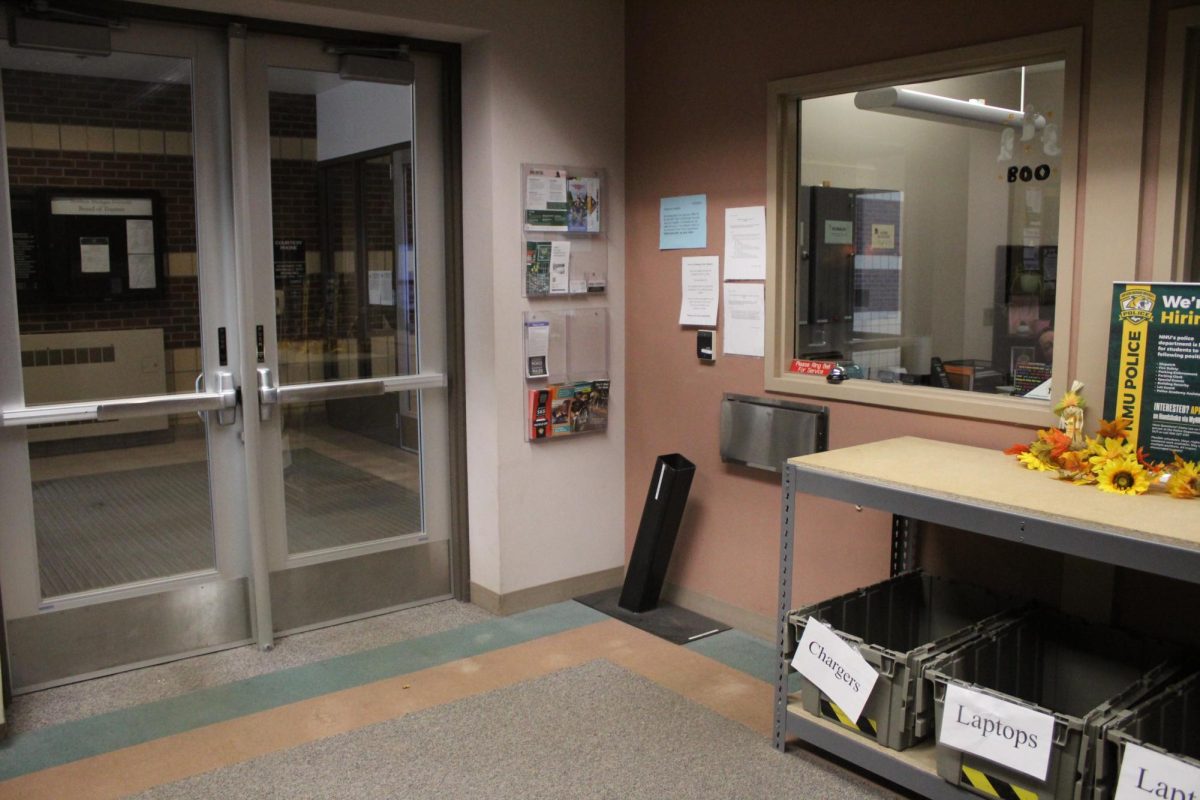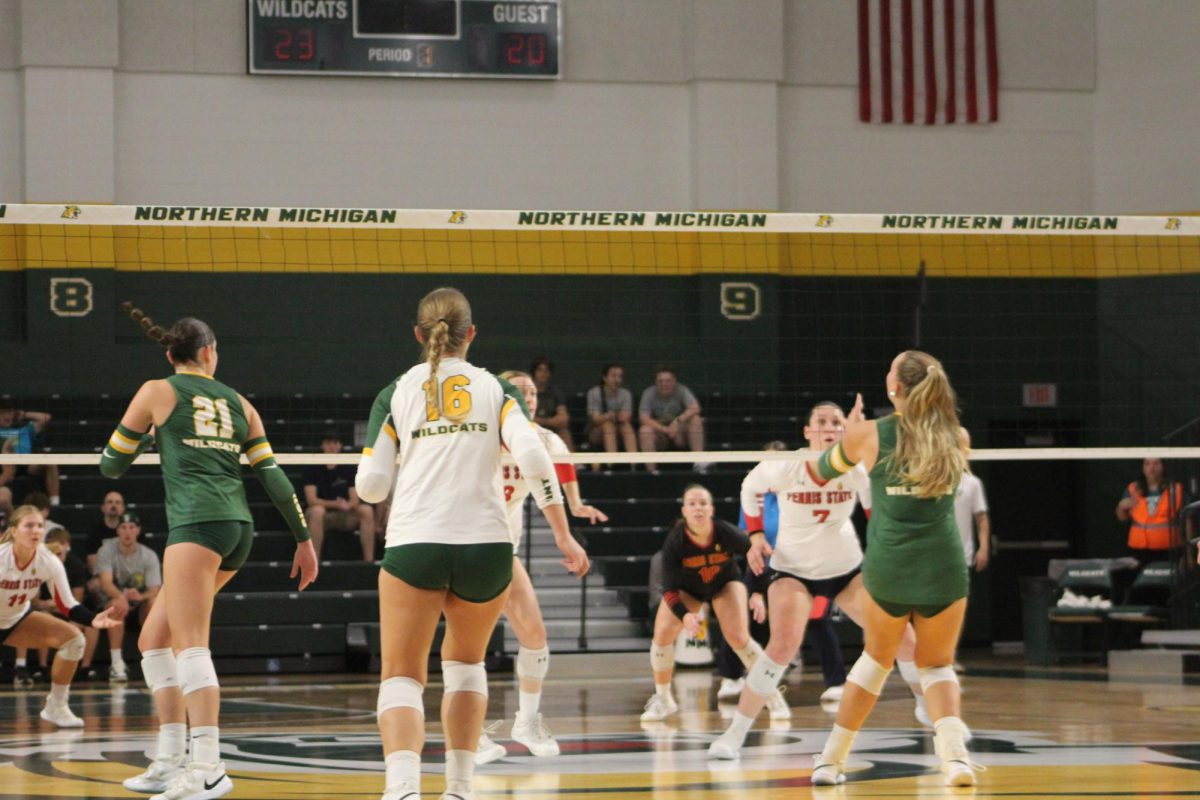
READY, SET, GO—The Academic Senate convened for their initial meeting on Tuesday in Ballroom 1 of the new Northern Center, discussing ideas for NMU’s future.
Representatives from all academic departments gathered for the first Academic Senate meeting of the year Tuesday afternoon, where ideas were shared on how the university plans to move forward and how the summer snowballed a series of changes.
The Senate operates to provide suggestions to the Provost and Vice President of Academic Affairs Kerri Shuiling. The 39 members, who gathered in Ballroom I at the Northern Center, included some who are brand new and others who are well-seasoned in the operations.
Provost Schuiling explained a new project, given over the summer on behalf of the Board of Trustees (BOT) and President Fritz Erikson, called the Innovation and Transformational Institute Center.
This new project focused on helping the BOT make decisions on investments and projects for the university. Through a series of workshops, including outside help and participation from 170 students, the BOT was able to gain an understanding of the process.
“The purpose of those were to work through change, how to expect change, to create and manage change and go through those as we work towards developing our own innovation center,” Shulling said. “The board wanted a body that would vet big ideas.”
Besides an innovation center, Shuiling also brought up the work on a possible center concerning rural health. However, with such a wide variety of problems falling under the term rural health, Shuiling turned the discussion in an entirely different direction.
“Right now, it’s looking more like development of programs and gearing in on some very specific [things] we have across the U.P.,” Shuiling said. “I’m just trying to get my arms around something.”
Along with the two new projects in development, Shuiling offered insight into a reconfiguration of Academic Affairs that has allowed many departments to move and change. This movement will allow a majority of the departments their own dedicated head.
During the meeting, Senate Chair Alec Lindsay explained how the Senate works through a Power Point and gave everyone a fresh course on what their jobs will entail.
Toward the end of the meeting, Lindsay called for topics that the Senate might informally discuss, where he brought up the possibility of presentations from different areas on campus.
“These first few weeks, when we have more flexibility in our schedule [and] we can ask people from campus to give presentations,” Lindsay said.
The Senate has had two such suggestions submitted to them thus far.
One of these related to advising for new students on NMU’s campus, and the other related to the admissions process.
Academic Senate will meet at 3:05 to 5 p.m. every other Tuesday.






















